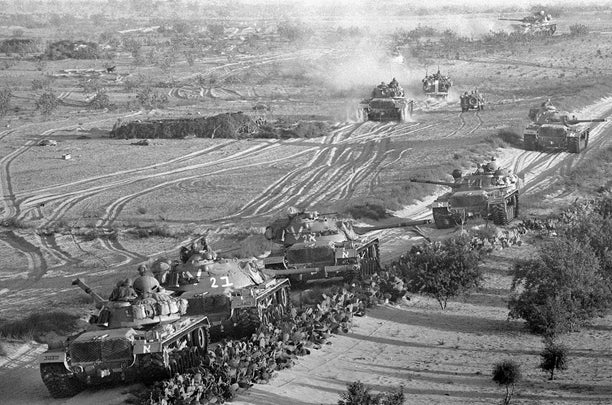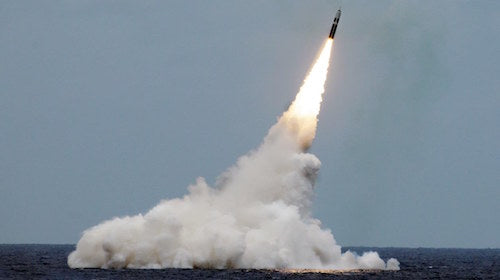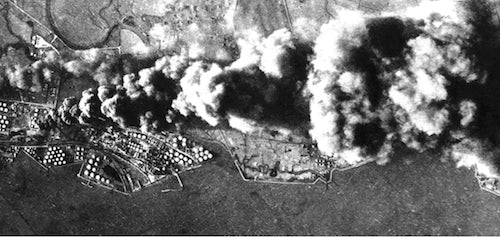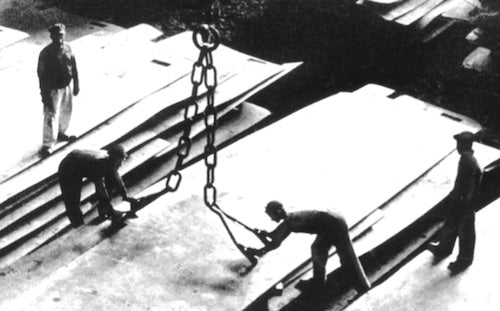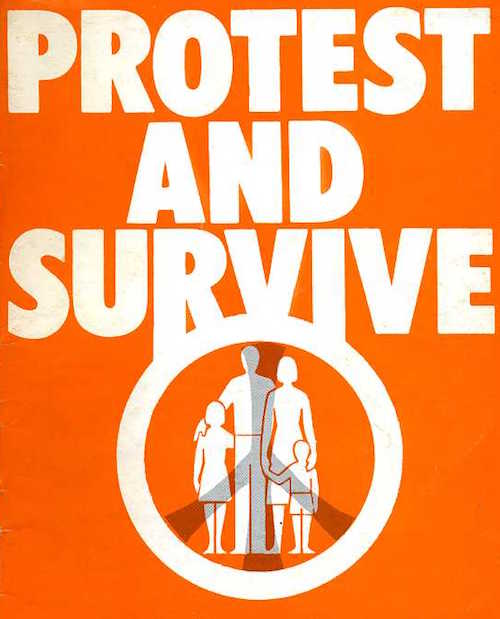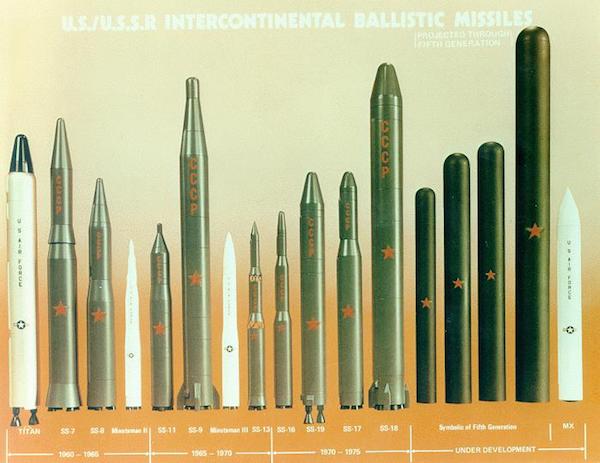
Nuclear Imperialism and Extended Deterrence
Any concept which — like "exterminism" — collates all the "inertial," "irrational," "symmetrical" and institutionally "autonomous" aspects of the arms race into a single over-riding process will make it harder to understand the purposeful, strategic function of the current arms build-up within the larger context of the New Cold War.
